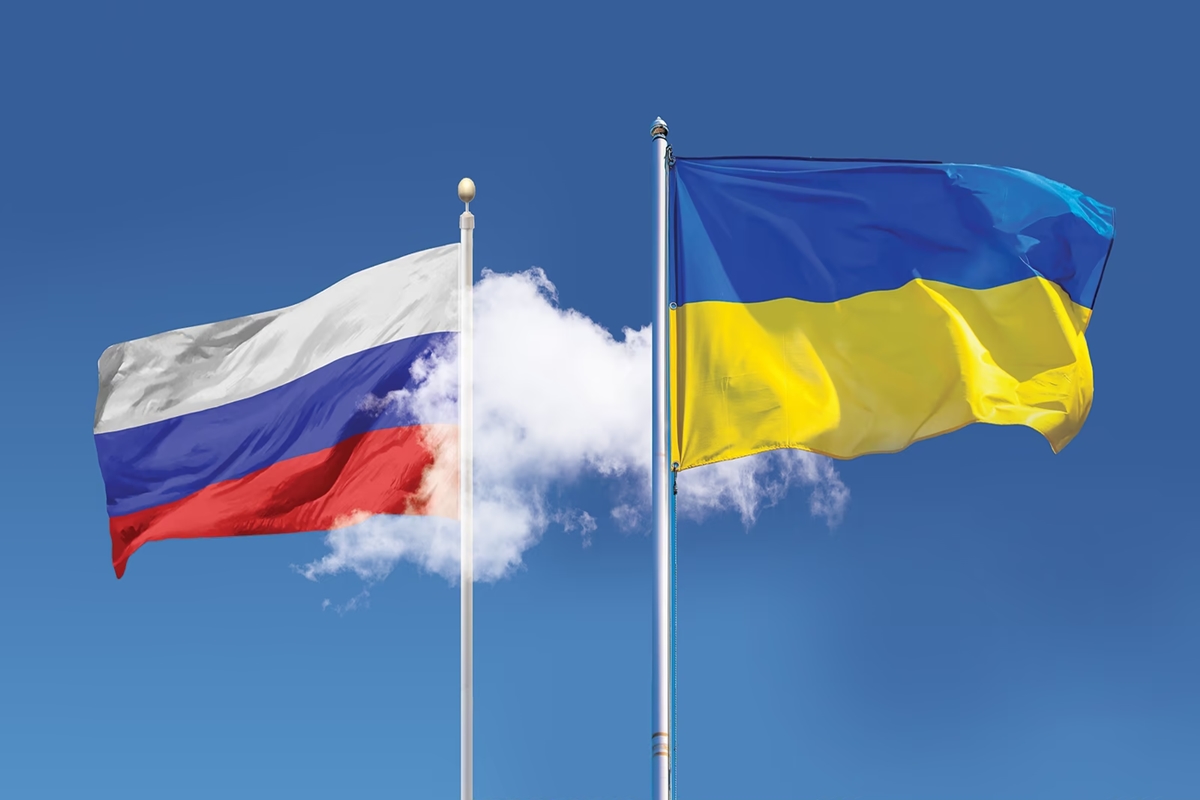In a world fraught with geopolitical tensions, every diplomatic move holds the potential for significant ramifications. The visit of Ukrainian Foreign Minister Dmytro Kuleba to India is a testament to the delicate dance of international relations, where alliances are tested and decisions carry weight beyond borders. At the heart of Mr Kuleba’s visit lies Ukraine’s pursuit of peace, a noble endeavour amidst the chaos of conflict. The Ukrainian leadership’s proactive approach in engaging with key players on the global stage reflects a commitment to exploring all avenues towards resolution.
By reaching out to India, a nation with influence and stature, Ukraine underscores the universality of its quest for stability and security. However, the backdrop against which this diplomatic overture unfolds is complex and multifaceted. The spectre of Russian aggression looms large, casting a shadow over any prospect of peace. Russia’s dismissal of Ukraine’s peace blueprint as a nonstarter is not merely a diplomatic rebuff but a stark reminder of the entrenched interests and power dynamics at play.
Advertisement
For India, navigating the treacherous waters of international diplomacy requires a delicate balance of pragmatism and principle. Historically aligned with Moscow, India’s strategic interests have often intersected with those of Russia, fostering a relationship rooted in economic and defence ties. Yet, as the world watches Ukraine’s struggle for sovereignty and self-determination, India finds itself at a crossroads, torn between loyalty to an ally and allegiance to the principles of justice and peace.
Prime Minister Narendra Modi’s recent phone calls with both Ukrainian President Volodymyr Zelenskky and Russian President Vladimir Putin signal India’s willingness to engage with stakeholders on all sides of the conflict. In an increasingly interconnected world, where alliances shift and allegiances evolve, India’s diplomatic manoeuvring underscores the complexity of its foreign policy calculus. The surge in Indian purchases of Russian oil, despite global condemnation of Russia’s invasion of Ukraine, raises questions about India’s stance on the crisis. While economic considerations undoubtedly factor into India’s decision-making process, the ethical implications of tacitly supporting an aggressor cannot be overlooked. As a nation aspiring to global leadership, India faces the challenge of reconciling its strategic interests with its moral obligations on the world stage.
In the midst of geopolitical upheaval, the significance of Mr Kuleba’s visit to India extends beyond bilateral relations. It serves as a poignant reminder of the urgent need for collective action in pursuit of peace. As nations grapple with the complexities of conflict resolution, solidarity and cooperation emerge as the hallmarks of a more just and equitable world order. Ultimately, the success of Ukraine’s peace efforts hinges not only on diplomatic negotiations but on the unwavering commitment of the international community to uphold the principles of sovereignty, territorial integrity, and human rights. In extending a hand of friendship to India, Ukraine beckons to the world with a clarion call for unity in the face of adversity. Whether this call will be heeded remains to be seen.
